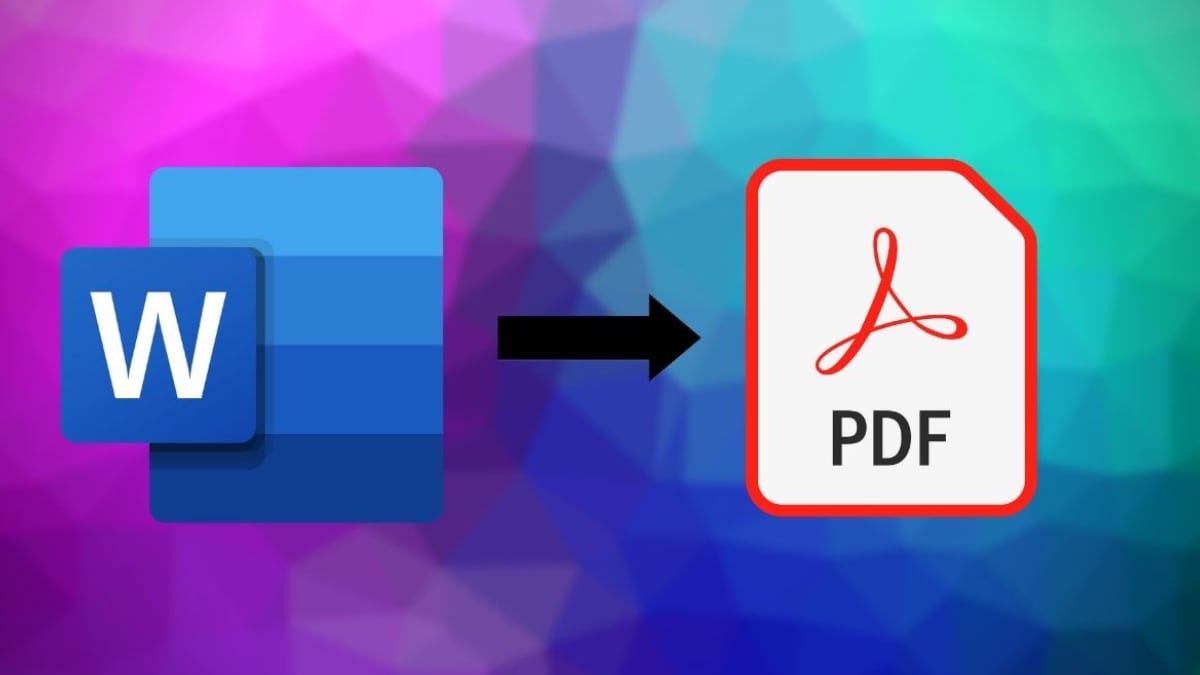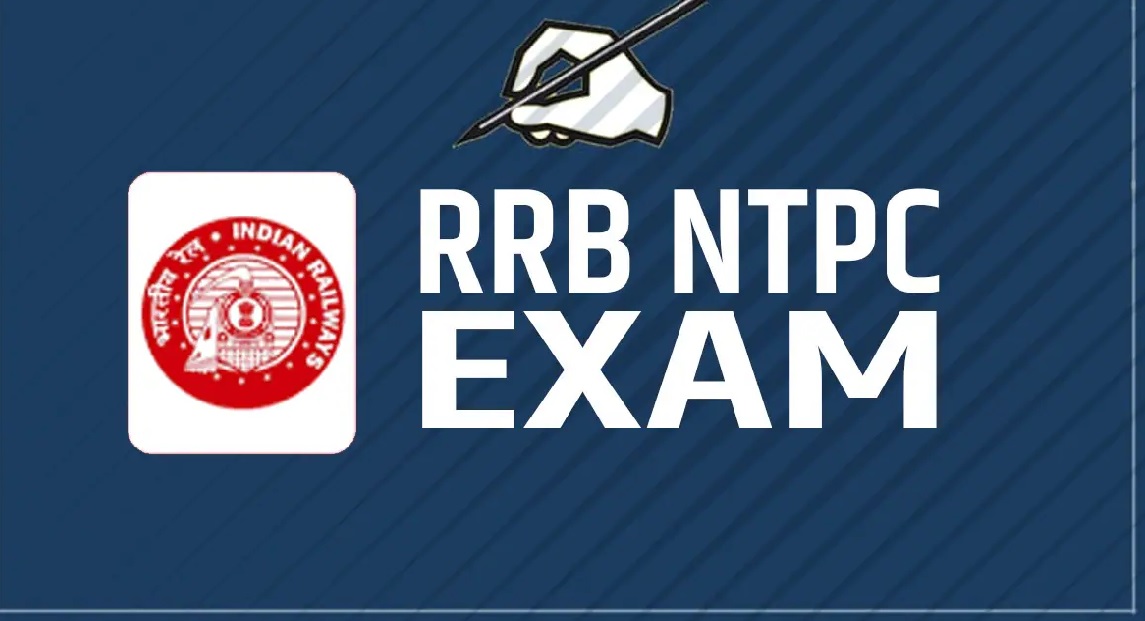What is an Infrastructure Engineer?

Infrastructure Engineer is responsible for the implementation, maintenance, and development of physical computer systems and networks. They design, install, and maintain the hardware components that make up a computer system or network as well as configure software to ensure it works correctly.
Infrastructure Engineers must be knowledgeable in various areas such as networking, operating systems, storage solutions, virtualization technologies, scripting languages and more in order to ensure the success of any IT project.
Responsibilities of Infrastructure Engineers
- Design and engineer secure, reliable, and cost-effective cloud-based infrastructures.
- Lead the implementation and maintenance of server, storage, and network systems.
- Monitor system performance and respond to security threats.
- Develop and implement plans for system upgrades, migrations, and patching.
- Ensure the availability and reliability of production systems.
- Troubleshoot hardware and software issues in a timely manner.
- Implement automation tools to streamline system operations.
- Collaborate with software engineers to integrate new applications into the infrastructure.
Infrastructure Engineer Job Description
An Infrastructure Engineer is responsible for designing, developing and maintaining the information technology infrastructure of a company. Network components, hardware, software and physical infrastructure such as server rooms and cabling are all necessary for a successful network. The Infrastructure Engineers ensure systems are secure, reliable, and kept up-to-date.
Infrastructure Engineer Employment Prospects
Infrastructure engineers are in high demand in the current job market. The demand for skilled infrastructure engineers is rising due to the growing reliance on technology in business. Infrastructure engineers are vital to organizations, creating and maintaining computer networks and systems that ensure smooth operation.
AI assists organizations in maintaining secure data and efficient systems. With the right qualifications and experience, an infrastructure engineer can expect to find a wide range of employment opportunities with great potential for career growth.
Infrastructure engineering is a promising field with prospects for growth, fueled by continual advances in cloud computing, telecommunications, finance and data security.
Infrastructure Engineer Education Requirements
The Infrastructure engineers need a bachelor’s degree in computer science or IT to enter the job market. A bachelor’s degree is usually not enough to become an infrastructure engineer due to the complexity of the required skills. Infrastructure engineers typically require certifications such as MCITP, CCNP and VCP, though this may vary depending on the employer.
Becoming an Infrastructure Engineer requires a combination of technical knowledge, experience, and qualifications. It is important to understand the various educational requirements for this role in order to ensure that you are properly prepared to enter the field.
This article will provide an overview of the educational requirements for Infrastructure Engineers and explain how they can help you become successful in this profession. Additionally, it will discuss how these qualifications can be combined with other skills and experience to create a successful career path.
Infrastructure Engineer Skills
Infrastructure Engineers are the backbone of an organization’s technological infrastructure. They develop, maintain, and support a wide range of systems that enable companies to stay ahead of the competition. As such, they must possess a deep understanding of both hardware and software solutions to ensure that all systems are running optimally and securely.
A successful Infrastructure Engineer must possess technical skills such as networking, cloud computing, system administration, scripting, automation and more. Additionally, they must be able to think strategically in order to plan for future needs while managing current operations.




